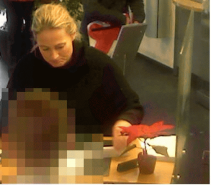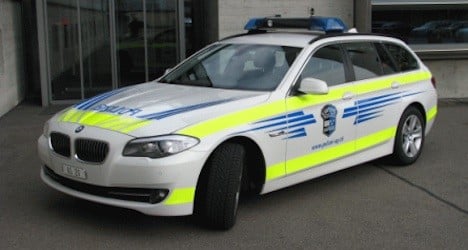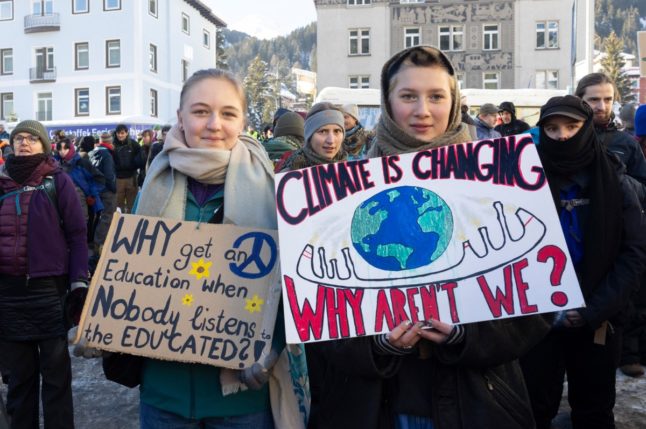The cantonal public prosecutor’s office called on the help of Interpol, Swiss media reported.
The 20 Minuten newspaper quoted prosecutor Philipp Umbricht as saying this was standard procedure in a murder investigation.
The charred bodies were found following a house fire in a residential neighbourhood of Rupperswil, a village between Aarau and Lenzbourg.
A murder investigation was opened after the victims were found to have suffered knife and puncture wounds.
Police believe the fire was set intentionally.
The victims were later identified as a 48-year-old woman who lived in the house, her two teenage sons and the girlfriend of the older boy.
Earlier reports said the woman was separated from her husband.
Aargau cantonal police have issued calls for help from the local population.
They released an image from a CCTV camera showing the woman withdrawing money shortly before the crime was committed.

They have also requested dashcam images from car drivers who were in the vicinity of the house at the time.
Prosecutors are reported to be examining information from the town of Wohlen where two people with knife injuries were reported to have sought treatment in a pharmacy on the day of the crime.



 Please whitelist us to continue reading.
Please whitelist us to continue reading.
Member comments